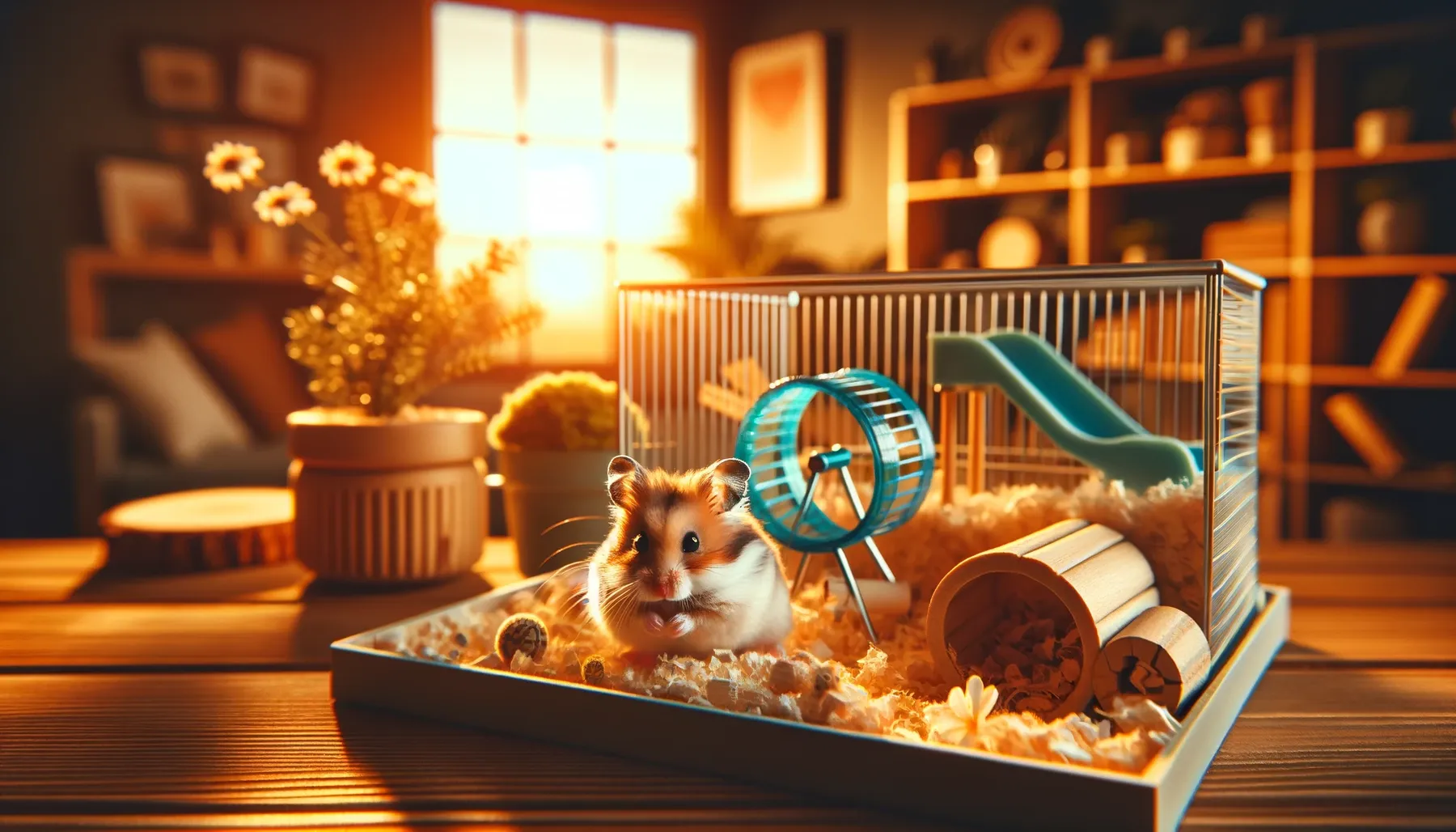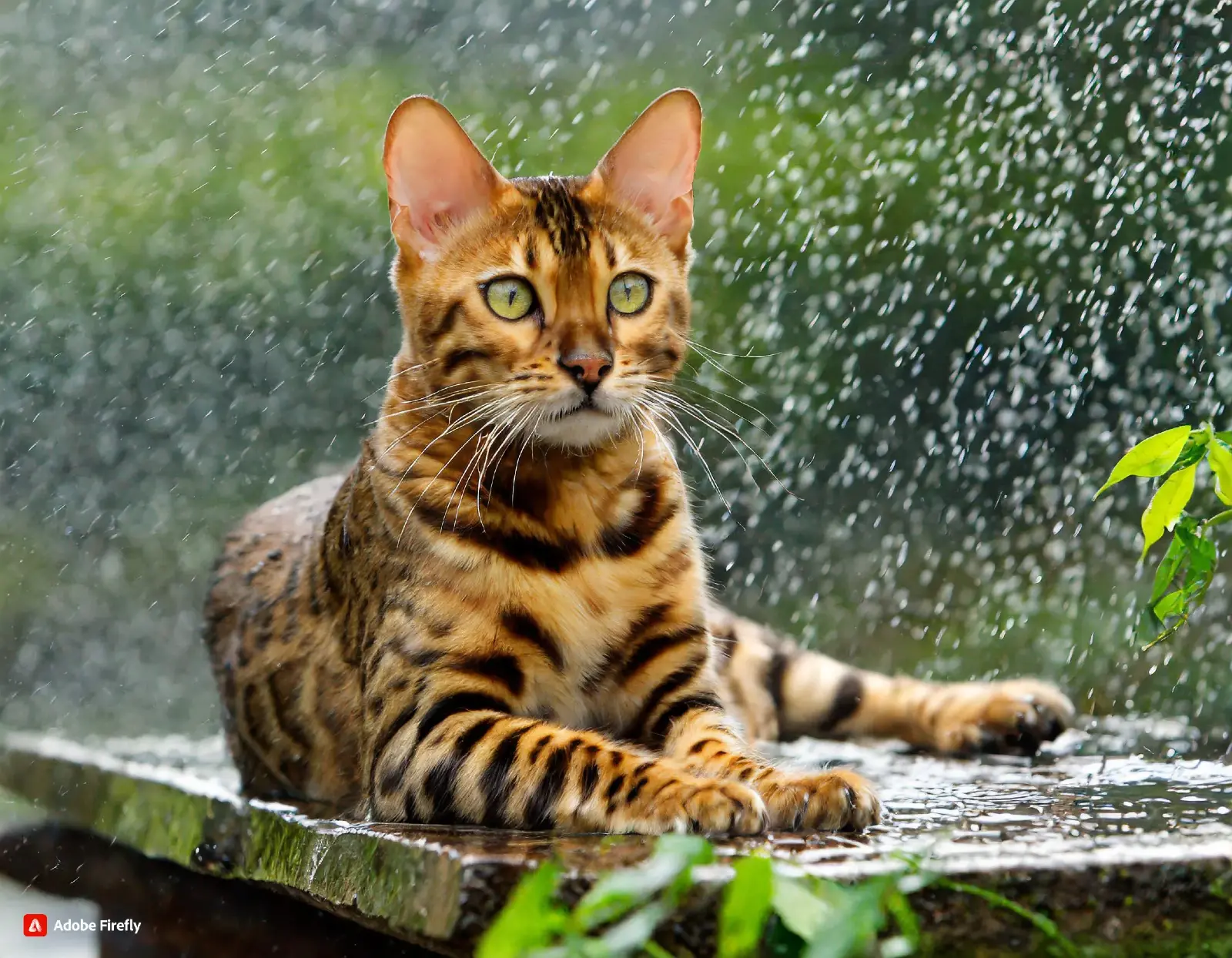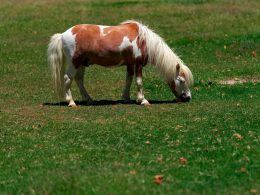CHEWING PAWS IN DOGS: STOP YOUR DOG FROM CHEWING THEIR PAWS TODAY!
Stop your dog from chewing their paws! Discover why dogs chew their paws and how to help them. Improve your pup’s health and happiness today.
Discover Why Dogs may Chew their Paws and How to Help Them. Improve Your Pup’s Health and Happiness Today.
Do you find your furry friend incessantly gnawing at their paws, leaving you worried and perplexed? While often dismissed as harmless, this typical dog behavior can indicate underlying issues that need attention. Understanding why dogs lick and chew their paw and how to address it can significantly improve your pup’s health and happiness. This comprehensive guide delves into the reasons for chewing paws in dogs and provides practical solutions to help your canine companion overcome this habit.
Why Do Dogs Chew Their Paw and Nails?
Foot chewing in dogs can stem from various causes, from behavioral issues to medical conditions. You can effectively address the problem and prevent potential complications by identifying the underlying reason.
Behavioral Reasons
Dog-chewing paws could be due to boredom, anxiety, allergies, infections, or injuries. This behavior should not be ignored as it could lead to severe health issues if left untreated. Seek veterinary attention to determine the cause and provide appropriate care and treatment. Trust your vet to guide you through the best action for treating this behavior and ensuring your dog’s overall health and happiness.
Medical Issues Leading your Puppy to Lick Their Paws or Chew
While behavioral factors are common, it’s crucial to consider potential medical issues that may force your dog to chew or lick its paws or nails. Allergies, for instance, can trigger skin irritation and itchiness, prompting dogs to chew on their paws to alleviate discomfort.
Likewise, parasites such as fleas or mites can irritate the skin, leading to excessive paw licking and chewing in dogs. These pesky critters can cause discomfort for your furry friend, prompting them to chew on their paws constantly to alleviate the irritation. Other medical conditions, including skin infections and orthopedic problems, may manifest through paw-chewing behavior.
Recognizing Signs of Paw Chewing
As a responsible pet owner, you must be vigilant and recognize the signs of paw chewing in your pet. Excessive licking, biting, or gnawing at the paws, accompanied by redness, swelling, or irritation, are common indicators of this behavior. Additionally, you may notice your dog limping or favoring one paw due to discomfort or pain.
Consequences of Excessive Paw Chewing
Ignoring paw-chewing behavior in dogs can harm their health and well-being. Persistent licking and biting can lead to skin irritation, inflammation, and even open wounds, increasing the risk of secondary infections. Moreover, continuous paw chewing may exacerbate underlying medical conditions, causing further discomfort and distress to your pet.
How to Help Your Dog Stop Chewing Their Paws
Addressing paw chewing in dogs requires a multifaceted approach that combines behavioral modification, medical intervention, and environmental management. Implementing the following strategies can curb your dog’s paw-chewing behavior and improve their overall quality of life.
Providing Mental Stimulation
Keep your dog engaged with play, exercise, and activities to prevent paw chewing. Offer interactive toys, puzzle feeders, and regular training sessions. A tired dog is a happy dog!
Ensuring Sufficient Exercise
Regular exercise is essential for maintaining your dog’s physical and mental well-being. Engage your dog in daily walks, runs, or play sessions to help them burn off excess energy and reduce stress. A tired dog is less likely to engage in compulsive behaviors like paw chewing, making exercise an integral part of managing this issue.
Offering Chew Toys and Treats
Redirect your dog’s chewing behavior onto appropriate items such as chew toys, bones, or dental chews. By providing alternative outlets for chewing, you can satisfy your dog’s natural urge to gnaw while protecting their paws from excessive licking and biting. Choose durable, non-toxic toys designed explicitly for chewing to ensure your dog’s safety and enjoyment.
Implementing Training Techniques
Positive reinforcement training can significantly modify your dog’s behavior and discourage paw chewing. Whenever you catch your dog chewing on their paws, redirect their attention to a more appropriate activity and reward them for complying. Consistency and patience are key to successfully changing your dog’s behavior, so be persistent in reinforcing desired actions and providing encouragement.
Addressing Medical Issues & Treatment For Dog-Biting Paws
If your dog keeps biting their paws despite behavioral interventions, consult a vet to rule out medical issues. They can suggest diagnostic tests to identify potential causes, such as allergies, infections, or orthopedic problems. Treatment options may include medication or dietary changes to improve their comfort.
Home Remedies to Stop Dogs from Chewing Paws
In addition to veterinary care, you can try several home remedies to soothe your dog’s irritated paws and reduce their urge to chew. Regularly clean your dog’s paws with a gentle antiseptic solution to remove any debris or bacteria contributing to irritation. You can also apply a soothing paw balm or coconut oil to moisturize dry, cracked skin and promote healing. Additionally, consider using an Elizabethan collar or bitter-tasting spray to deter your dog from licking or biting their paws while they heal.
Dietary Considerations
Diet plays a significant role in your dog’s overall health and can impact its susceptibility to allergies and skin issues. Please consult your vet to ensure your dog has a balanced diet that meets its nutritional needs and supports skin health. In some cases, switching to a hypoallergenic or limited-ingredient diet may help alleviate your dog’s allergies and reduce paw itching behavior.
Environmental Changes
Adjust your dog’s environment to minimize potential triggers for paw lick or chew. Ensure their living space is clean and free of allergens, dust, and parasites that could irritate their skin. This will help prevent infections or injuries from causing pain or discomfort in their paws. By creating a healthy environment for your pet, you can trust that you are taking the necessary steps to keep them happy and comfortable. Invest in a quality air purifier to remove airborne pollutants and allergens from your home. Additionally, consider using hypoallergenic bedding and grooming products to reduce your dog’s exposure to potential allergens and irritants.
Behavioral Modification Techniques
Work with a professional dog trainer or behaviorist to develop a customized behavior modification plan for your dog. Positive reinforcement techniques like clicker training and desensitization exercises can help your dog overcome anxiety and compulsive behaviors like paw chewing. Addressing the underlying emotional triggers behind your dog’s chewing behavior can help them develop healthier coping mechanisms and reduce their reliance on destructive habits.
Creating a Supportive Environment
Create a calm, stress-free environment for your dog to thrive in. Minimize loud noises, household disruptions, and other stressors that could contribute to anxiety and compulsive behaviors. Provide your dog with a comfortable, safe space to relax and unwind, away from potential triggers for paw chewing. Spend quality time bonding with your dog through grooming, massage, and gentle play to strengthen your bond and reassure them of your love and support.
Consistency and Patience
Changing your dog’s behavior takes time and patience, so be prepared to invest consistent effort into addressing their paw chewing habits. Stick to your training plan and remain patient and positive, even if progress initially seems slow. Celebrate small victories and acknowledge your dog’s efforts to comply with desired behaviors. With time and dedication, you can help your dog overcome its chewing habit and enjoy a healthier life together.
When to Seek Professional Help
If your dog persistently chews its paws, consider seeking professional help from a veterinarian or certified dog behaviorist. This could indicate underlying health issues or behavioral problems requiring expert intervention. Your vet can run tests, adjust treatment, or refer you to a specialist for better support. This approach ensures that your dog receives comprehensive care to overcome paw chewing and live its best life.
Conclusion
Canine paw-chewing is a common behavior that can stem from a variety of underlying causes, such as boredom, anxiety, allergies, or medical conditions. To mitigate this behavior and elevate the overall health and well-being of your dog, it is essential to identify and address the root causes by implementing targeted interventions. These interventions can involve various strategies, including behavioral modification techniques, medical treatment, and environmental management. By prioritizing the well-being of your dog and providing them with the necessary care and support, you can ensure that they lead a fulfilling and contented life without the discomfort associated with paw-chewing.
Frequently Asked Questions:
Why is my female dog biting her paws at Night?
Why is my female dog biting her paws at Night?
1. Why is my paw chewing her paws at Night?
There could be several reasons why a dog may lick or chew her paws at night, such as underlying causes like itchy paws or food allergies.
2. How can I help my dog from chewing her paws at Night?
If you notice your dog is continually chewing her paws, it’s important to address the root cause. You can try to help your dog by preventing access to potential irritants and consider consulting with a vet.
3. Is it normal for dogs to lick and chew their paws?
While occasional licking or chewing of paws can be normal behavior, excessive licking or chewing may indicate an issue that needs attention.
4. What are some common causes of dog paw chewing at Night?
Some common causes of dog paw chewing may include skin allergies, infections, anxiety, or even pain. Paw chewing may increase at night and cause your pet dog to be restless at night, which can certainly make it weak due to lack of sleep.









